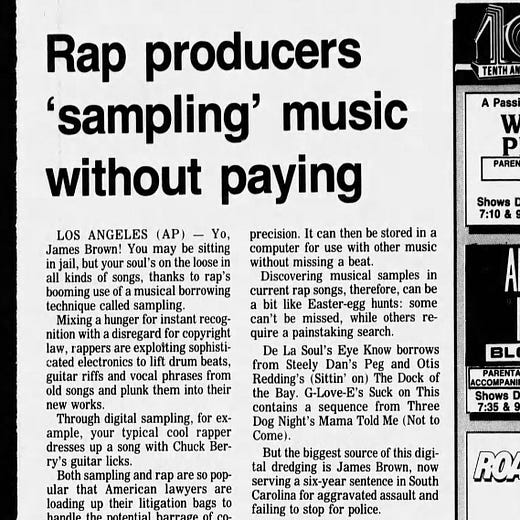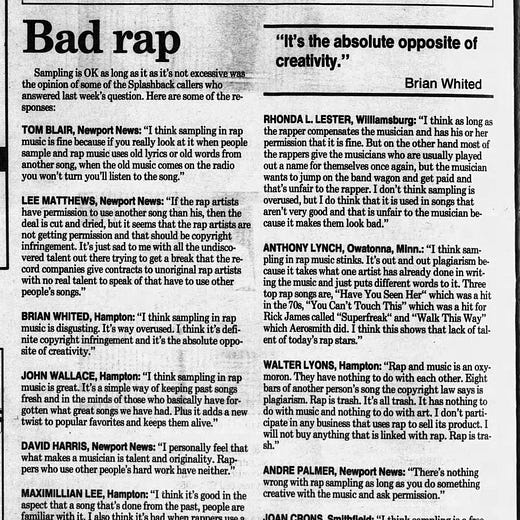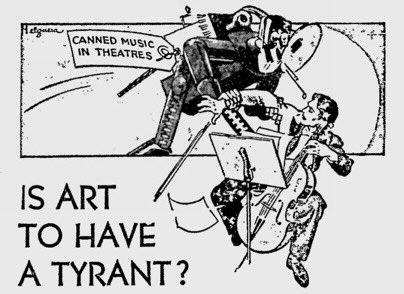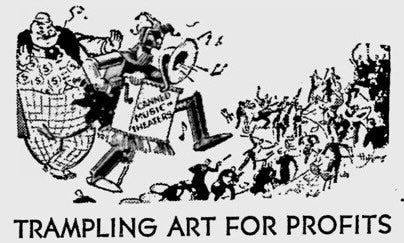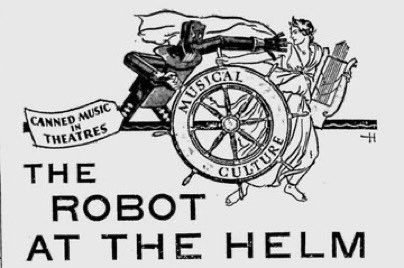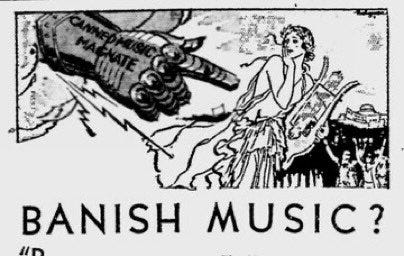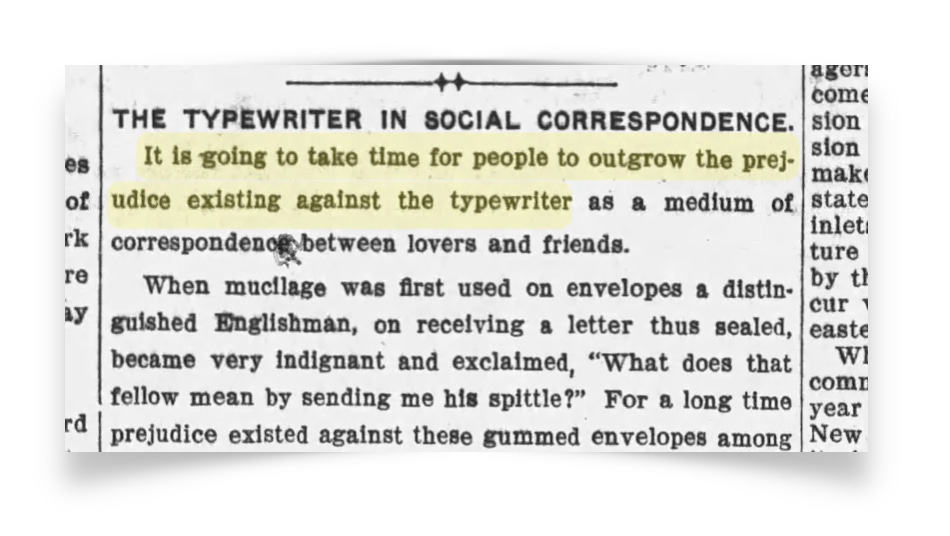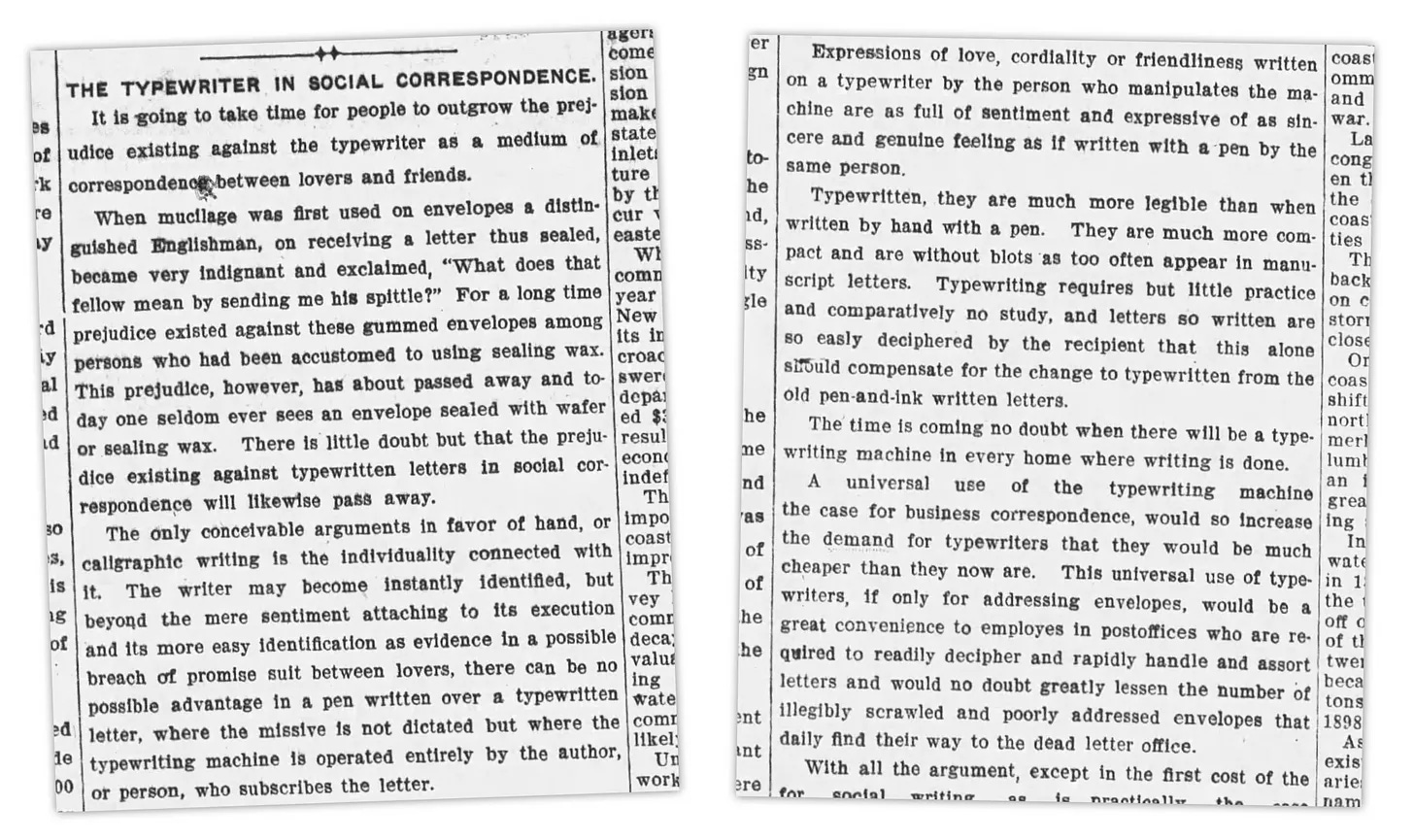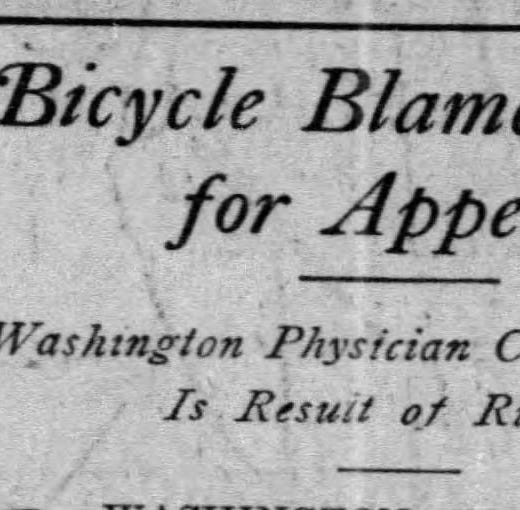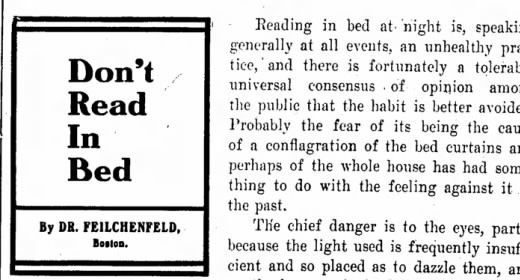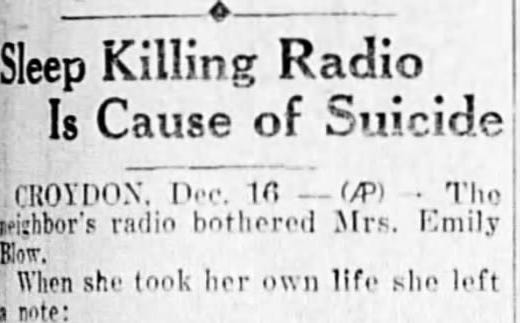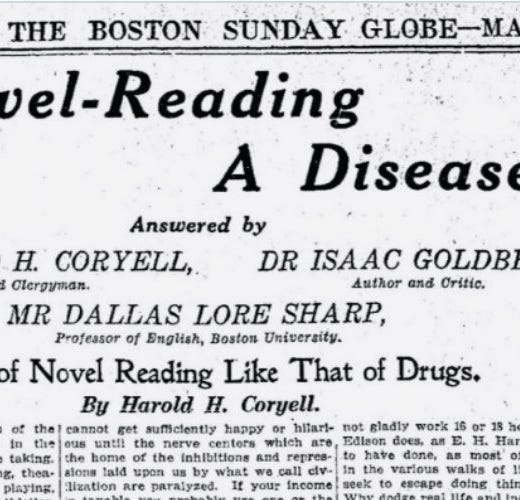Pessimists Archive Newsletter: Before the AI Panic
Before AI, teachers and artists panicked about new tech
📏 Breaking the Rules
Concern about Chat-GPT kicked off the year with NYC School District blocking it on school computers. This brought to mind protests from teachers in the past about computers, calculators, Wikipedia and Google.
The article above - written in 1984 - discusses the decline in popularity of the slide rule and its replacement by electronic calculators and computers. The article quotes John Strack, a physics teacher at Arlington, who said "You can program a computer to perform a certain task, then you can train anybody to punch numbers into it. But if you don't teach him the concepts, how will he learn to program the computer himself?" Other technologies, including the internet caused similar concerns about what this means for educating children and young adults:
📸 Everything is a Remix
Generative AI has been creating a similar stir to ChatGPT, there are questions about fair use and copyright - with a new class action lawsuit just filed on the matter. Astrid Wilde pointed out these concerns mimic backlash to music sampling in the 1980s.
Another part of the conversation seems to long for a time when artistry was free from technology, an artistic good old days. Yet the camera obscura was used by artists as far back as the 16th century to create more life like images.
If you thought the good old days of art was pre-16th century, you’d be wrong - in 2001 famed British artist David Hockney floated a theory (Hockney-Falco thesis), in a book titled ‘Secret Knowledge: Rediscovering the Lost Techniques of the Old Masters’ that argued similar techniques drove the rise of realism in the 14th century. As usual the supposedly techno-dystopian present isn’t as strange and unfamiliar as it may seem. What we’re seeing now has played out numerous time thorough history:
⌨️ Not My Type
🔎 NEW DISCOVERY: An 1898 article titled "The Typewriter in Social Correspondence" argued that resistance to using typewriters for personal correspondence will inevitably come to an end. It began "it is going to take time for people to outgrow the prejudice existing against the typewriter as a medium of stating correspondence - between lovers and friends."
The writer acknowledges some prefer the individuality and sentimentality of hand-written letters, but argues that typewritten letters have many advantages over hand-written ones. The article posits that this prejudice will disappear over time, since "typewritten letters are much more legible than when written by hand with a pen" , that they are "without blots as too often appear in manuscript letters” and "typewriting requires but little practice and comparatively no study." On top of all this, he points to the fact typewritten addresses would mean less undelivered mail and posited that wide spread use for personal correspondence would “increase the demand for typewriters” meaning “they would be much cheaper than they now are."
The typewriter would eventually win out - as predicted - and it would be blamed for the “decay of letter writing.”
🎉 Unhappy New Year
Our new years themed post struck a cord and performed really well - take a read and make sure you don’t waste your resolutions on harmless new trends that have been framed as sins by the enemies of modernity.












